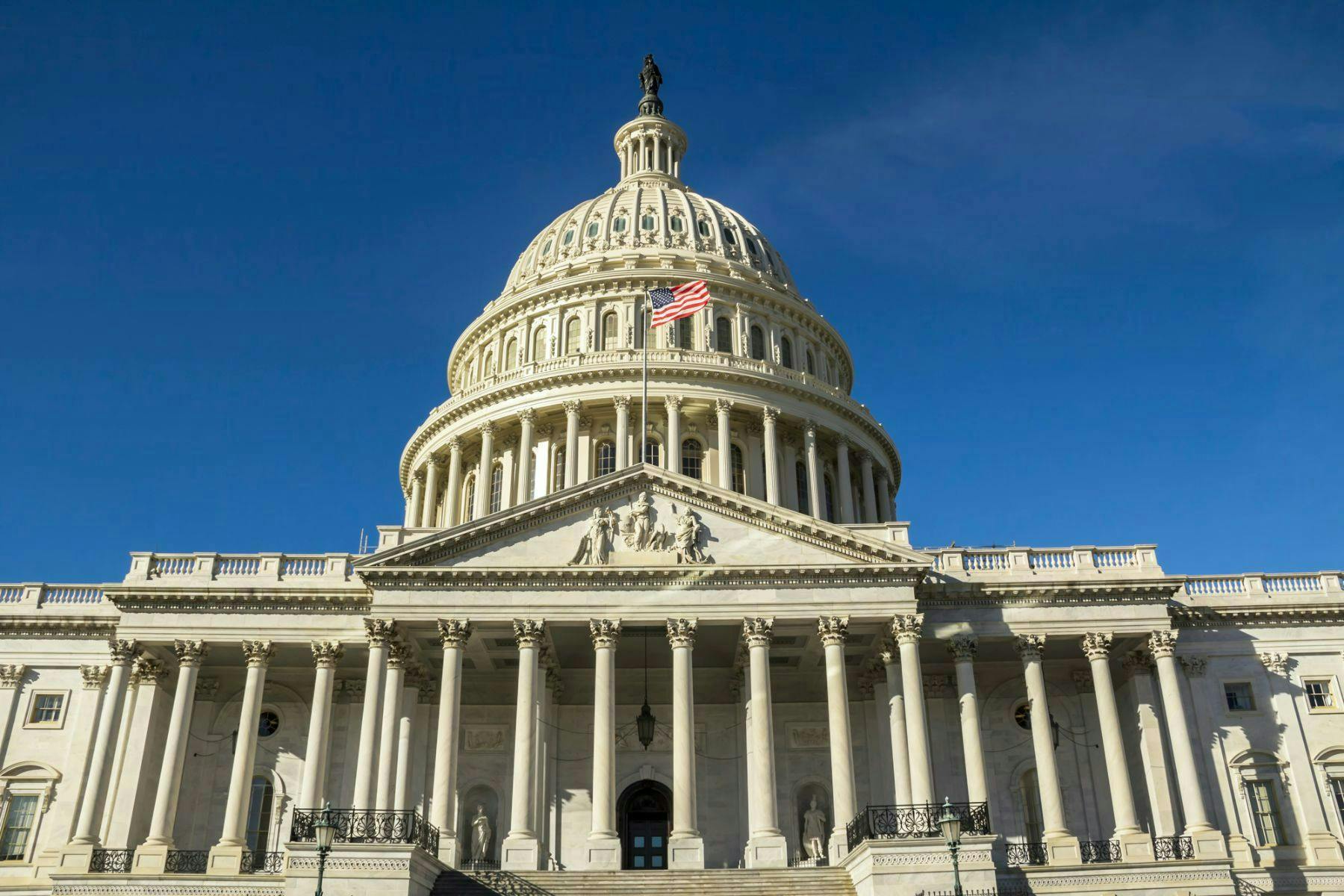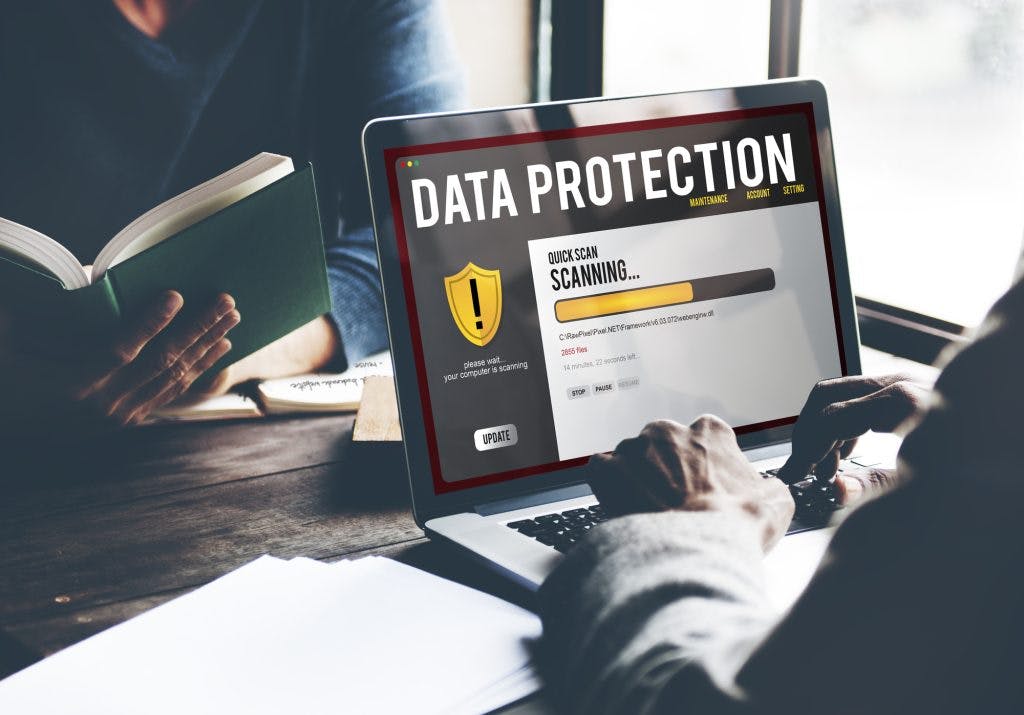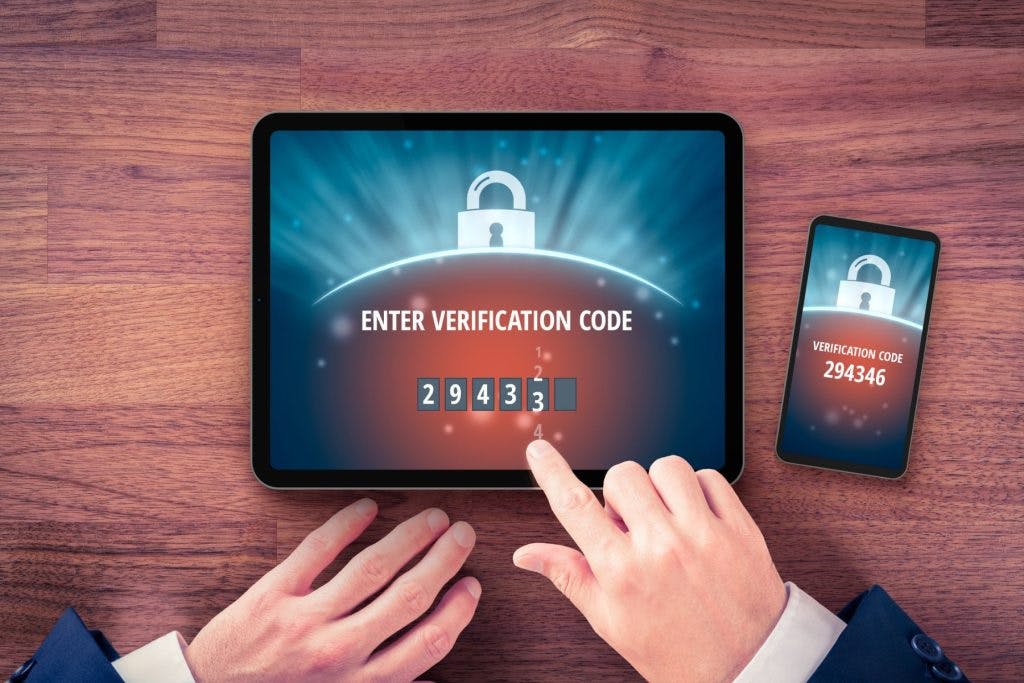Government agencies are responsible for handling a large amount of sensitive data, including personal information, financial data, and classified information. With the ever-increasing threat of cyber-attacks and data breaches, agencies must take every precaution possible to protect their sensitive information. One of the best ways to do this is by using granular user permissions.
Granular user permissions are only one of the many security measures you can use to protect your sensitive information. Below, we will explore the biggest security risks faced by government agencies, what granular permissions are, how they work, and the top benefits of using granular permissions. Of course, we will also discuss some of the best ways government agencies and professionals can protect their confidential information by sharing their files securely.
What Are the Biggest Security Risks Facing Government Agencies Today?
In the current environment, there is a tremendous amount of political turbulence. Some of this is being caused by domestic issues, while other issues are coming from abroad.
The biggest security risks faced by government agencies today include cyber attacks, data breaches, insider threats, and phishing attacks. Cyber attacks and data breaches can result in the loss or theft of sensitive information, leading to financial losses and damage to the agency’s reputation. Insider threats, such as employees accessing or stealing sensitive information, can be just as damaging. Phishing attacks are also a significant threat, as they can be used to gain access to sensitive information or introduce malware into an agency’s network.
Government agencies should remember that many of these attacks can be linked together. For example, a phishing attack might be used to steal someone’s credentials. Then, when the criminal has access to the network, they can use those credentials and upload malware, ransomware, and numerous other types of viruses.
Examples of Cybersecurity Threats To Government Agencies Today
Government agencies are facing a constantly evolving set of cybersecurity threats. Some of the biggest threats today include:
- Ransomware: Ransomware is a specific type of virus that encrypts an agency’s data, rendering it useless until they pay the ransom. Ransomware attacks have become increasingly common in recent years.
- Advanced Persistent Threats (APTs): APTs are long-term targeted attacks that can go undetected for months or even years. APTs are designed to steal sensitive information or disrupt operations.
- Insider Threats: Insider threats are individuals with authorized access to an agency’s systems and data who use that access to steal or compromise sensitive information.
- Phishing Attacks: Phishing attacks are fraudulent emails or websites designed to trick individuals into revealing sensitive information.
- Malware: Malware is any software designed to cause harm to a computer system. Malware can be used to steal information, disrupt operations, or gain unauthorized access to systems.
By taking steps to protect confidential information now, government agencies can reduce their vulnerability moving forward.
That is exactly where granular permissions come into play.
What Are Granular Permissions?
Granular user permissions refer to the ability to control access to specific functions or data within a system on a per-user basis. This means that each user can be granted access to only the functions or data that they need to perform their job duties. Granular permissions provide a fine-grained approach to access control, allowing administrators to specify which resources a user can access and what actions they can perform within those resources.
Does this mean that you don’t trust your employees? Not necessarily. Just as you might hedge your risk financially, you will hedge your risk in the computer world as well. By only giving users access to the information they need to do their jobs, you won’t surrender all of your confidential information just because one user has his or her credentials stolen.
In contrast, if you give someone access to your entire network, and their credentials are stolen, the end result could be that all of your files are now compromised. In the end, granular user permissions are critical for protecting your confidential information.
How Do Granular Permissions Work?
Granular permissions work by allowing system administrators to set up access controls on a per-user basis. This is done through the use of access control lists (ACLs) or role-based access control (RBAC) systems.
In an ACL system, administrators can define which users or groups have access to specific resources. Access can be granted or denied based on criteria such as user identity, IP address, or time of day. Administrators can also define the specific actions that each user is allowed to perform within a resource, such as read-only access or read-write access.
In an RBAC system, access is based on job duties or roles. Users are assigned to specific roles, and permissions are granted based on the requirements of those roles. However, granular permissions take this a step further by allowing administrators to define exactly which functions or data a user can access within a resource.
Regardless, granular permissions can be applied to just about all of your files. You can decide which files you want someone to have access to, and you can use access control and role-based systems to change which files someone has access to over time. For example, do you have certain people who transition roles regularly? If so, you may need to adjust their user permissions depending on the situation.
Why Government Agencies Need To Protect Their Sensitive Data
Government agencies handle sensitive data on a daily basis, including personal information, financial data, and classified information. This data must be protected to prevent data breaches, cyber-attacks, and other security incidents. Without proper access controls, anyone with access to the system could potentially access this sensitive data. This could include a disgruntled employee, a foreign paramilitary organization, or even domestic companies within the United States who want access to confidential files. Granular user permissions can reduce this risk.
Granular user permissions can help to mitigate this risk by ensuring that only authorized users have access to sensitive information. By granting access to only the resources that users need, administrators can reduce the risk of accidental data leaks caused by employees accessing information they don’t need. Furthermore, granular permissions can help to prevent malicious attacks by limiting access to sensitive data to only those employees who need it.
How can you get the most out of granular permissions? You can do so if you combine granular user permissions with other security measures that you may deploy throughout your agency.
Other Security Measures To Consider
While granular permissions are an important tool for protecting sensitive information, they are not the only security measure that government agencies should consider. Other security measures to consider include:
- Two-Factor Authentication: Two-factor authentication requires users to provide two forms of identification before accessing a system, making it more difficult for unauthorized users to gain access.
- Encryption: Encryption is the process of encoding data to make it unreadable without the correct decryption key. Encrypted data is more difficult for attackers to steal or access.
- Regular Training: Regular training can help employees to identify and avoid phishing attacks, recognize suspicious behavior, and understand the importance of security measures like granular permissions.
- Data Backup and Recovery: Regularly backing up data and having a recovery plan in place can help agencies to recover from a data breach or other security incident.
Depending on the type of information you work with regularly, you may want to deploy some or all of the security measures above. By being proactive instead of reactive, you can significantly reduce the chances of facing major cybersecurity issues down the road. It is always better to prevent a cyberattack than to fix one after it has already happened.
The Top Benefits of Using Granular Permissions
There are several benefits to using granular permissions in government agencies. Some of the top benefits include:
- Improved Security: Granular permissions can help to ensure that only authorized users have access to sensitive data, reducing the risk of data breaches and cyber-attacks.
- Increased Efficiency: By granting users access only to the resources they need, agencies can increase efficiency and reduce the risk of errors caused by unauthorized access.
- Simplified Auditing: Granular permissions make it easier to track and audit user activity, providing a clear record of who accessed what resources and when.
- Reduced Liability: By limiting access to sensitive data, agencies can reduce their liability in the event of a data breach or other security incident.
- Customizable Access: Granular permissions allow agencies to customize access for individual users or groups, ensuring that each user has access to the resources they need to perform their job duties.
Government agencies face a variety of security risks in today’s digital world. With the ever-increasing threat of cyber-attacks and data breaches, it’s crucial for agencies to take every precaution possible to protect their sensitive information, including many of the ones listed above.
Granular user permissions provide a powerful tool for controlling access to specific functions or data on a per-user basis, helping to reduce the risk of data breaches and accidental data leaks. Along with other security measures like two-factor authentication and encryption, granular permissions can help to ensure the security of government agency data. By implementing granular permissions and other security measures, government agencies can protect their sensitive information and provide better services to the public.
To take full advantage of all of these benefits, you must make sure you use the right file transfer system. At SmartFile, you would be happy to help you.
Work With SmartFile To Protect Your Confidential Information
In the current environment, you need to give your employees the tools they need to do their jobs, even if they work remotely. On the other hand, because our world is more connected than ever, it is also more vulnerable than ever. At SmartFile, we can help you protect your confidential information and reduce the chances of facing a cyberattack down the road.
Of course, we offer granular permissions as one of the most important security measures, but there are plenty of other benefits that come from working with our system as well. Some of the top benefits include:
- Unlimited File Size: You don’t have to worry about running into any file size limits. We allow you to store files of unlimited sizes, so you don’t have to worry about running into a limit as you try to transfer files from place to place.
- File Versioning: Have you ever wondered which file is the most recent version? Now, you don’t have to worry about that anymore. With file versioning, you can keep track of the edits as they go along, and you can always figure out which copy is the most recent.
- End-to-End Encryption: We will encrypt all of your files completely from start to finish, so you don’t have to worry about them being intercepted in transit.
- Two-Factor Authentication: We also provide two-factor authentication as a security measure, which adds an extra layer of protection. We provide you with plenty of options, allowing you to ensure that your information is properly protected.
You must make it as easy as possible for your employees to do their jobs, but you do not want to sacrifice your security to get there. With plenty of password management tools and HIPAA compliant activity logs, you can make sure that your information is properly protected.
Contact SmartFile To Protect Your Sensitive Information
At SmartFile, we understand the importance of protecting sensitive information. That’s why we offer a variety of secure file sharing and storage solutions designed to meet the needs of government agencies. Our solutions include granular permissions, two-factor authentication, and encryption to help ensure the security of your sensitive data. We can also customize many of the security measures to meet your specific needs, reducing the chances of running into issues down the road. If you act now, you may be able to prevent a major security breach down the road. Contact us today to learn more about how we can help protect your sensitive information with our GSA-approved measures.


